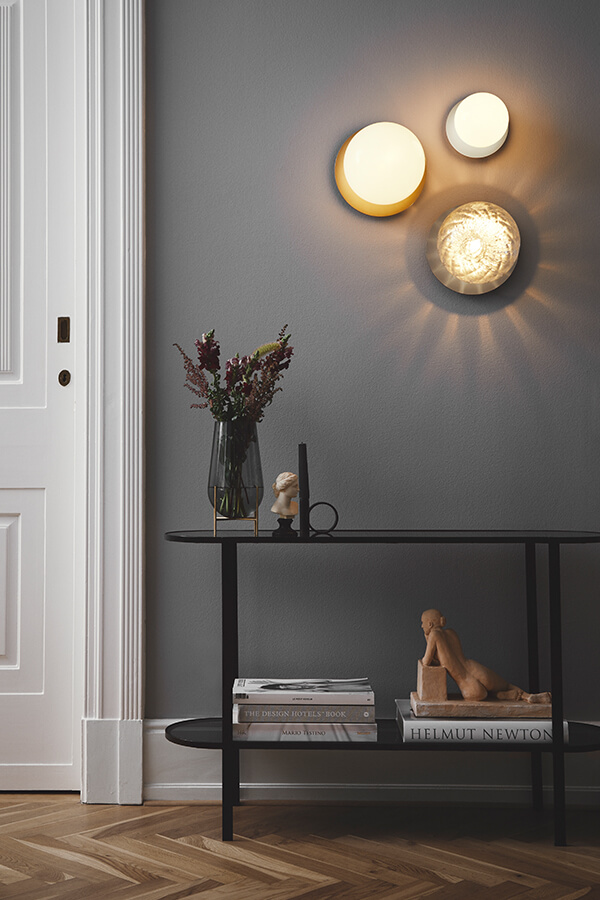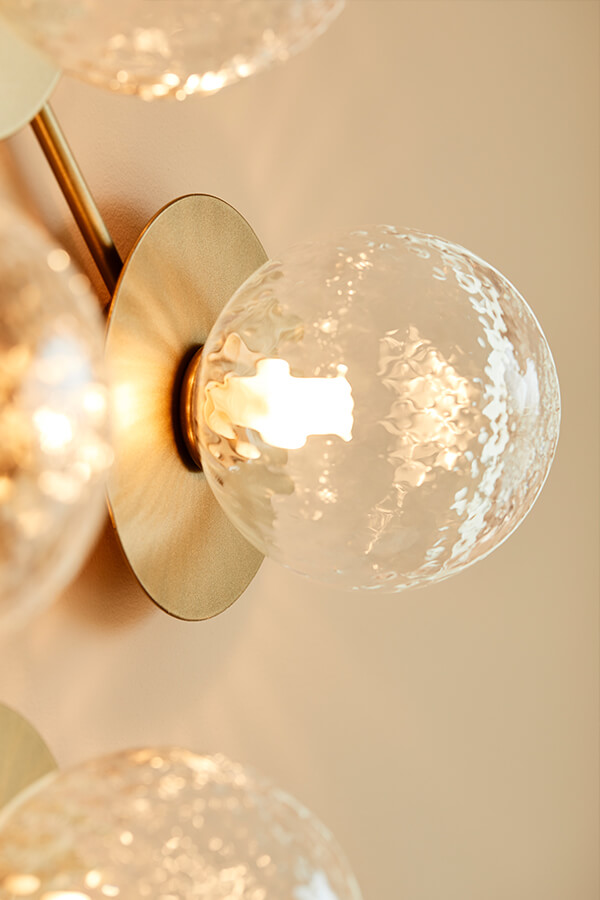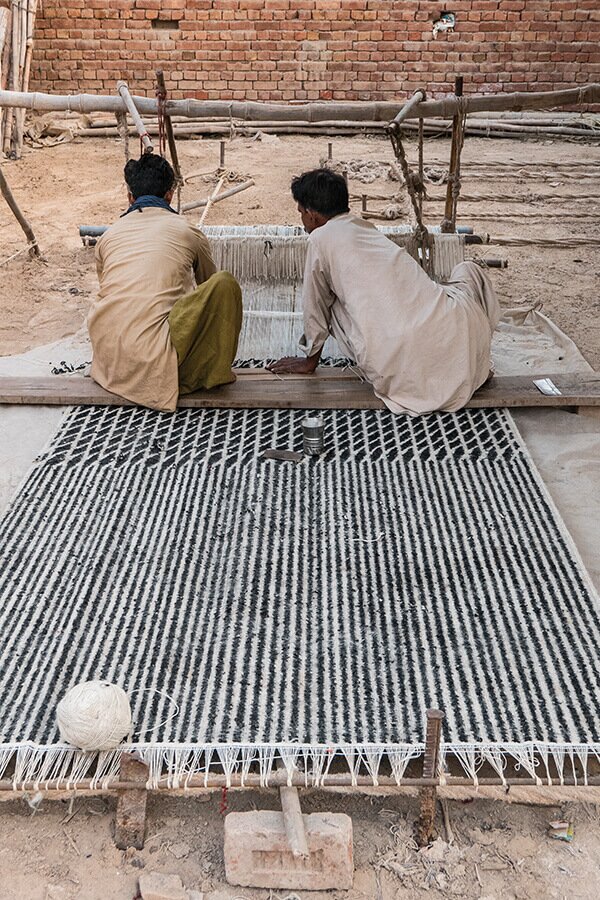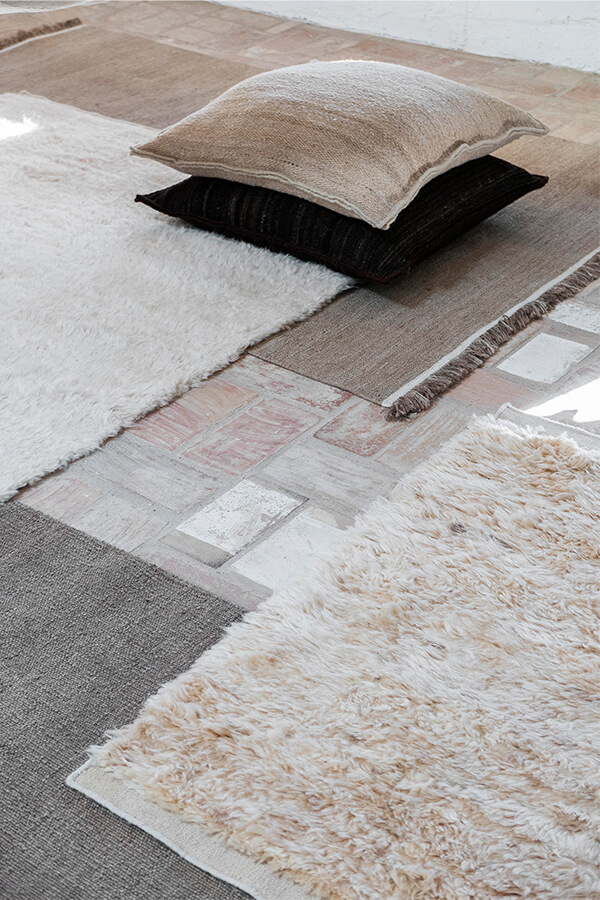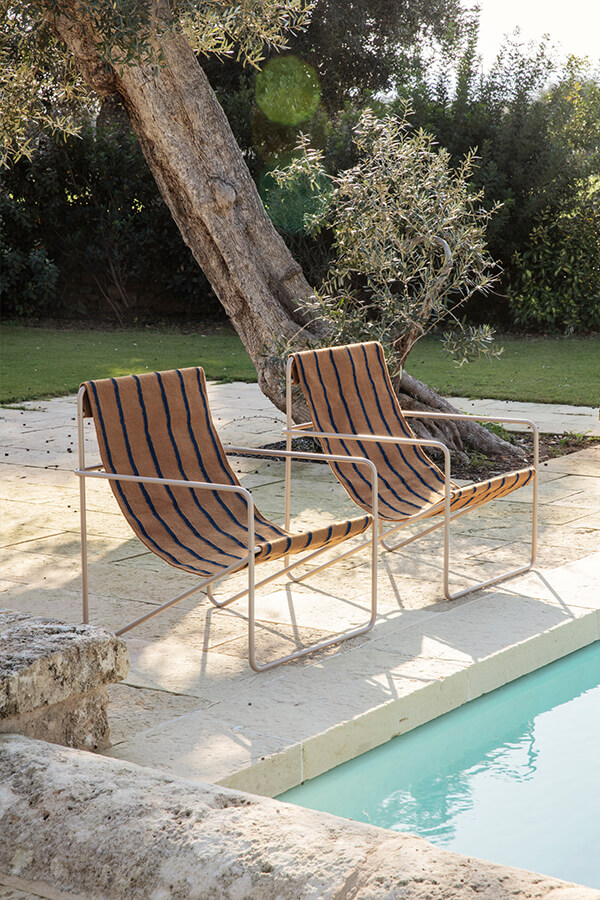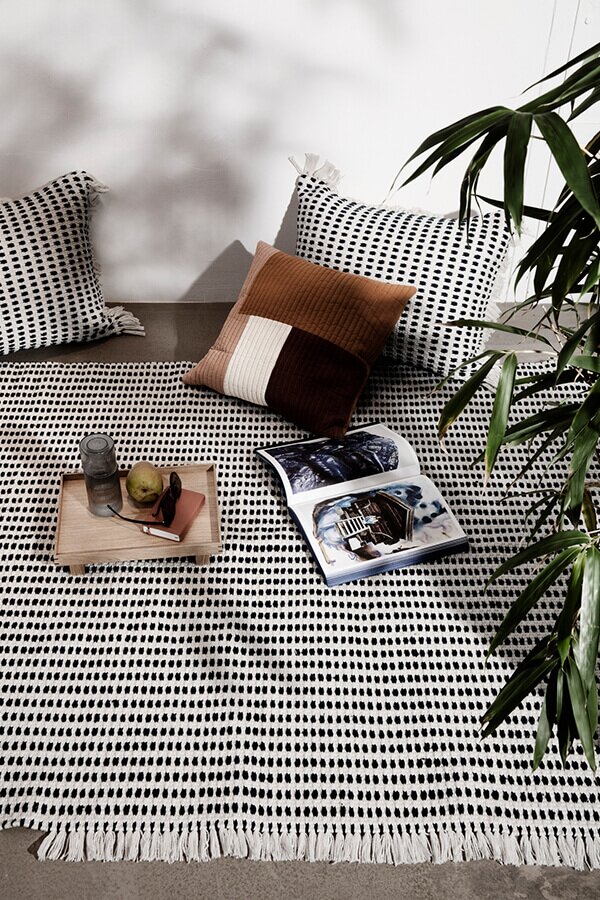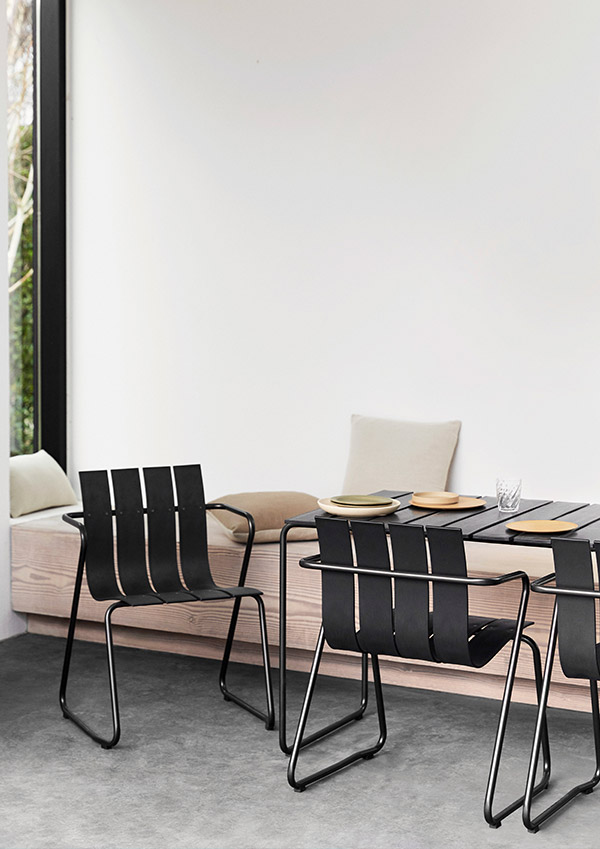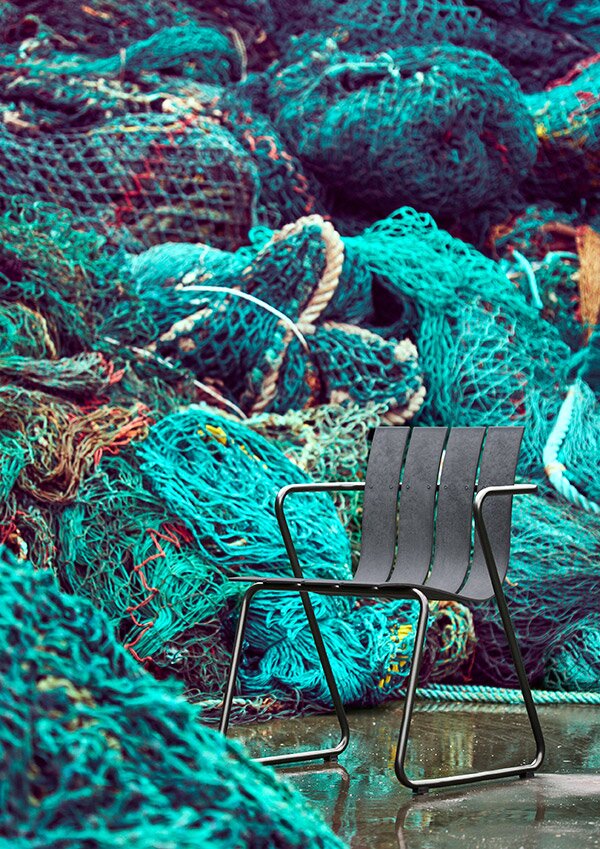Our guide to buying sustainably
We believe the future lies in filling our homes with products that are not only good for us but good for the planet too. Join us to discover some easy ways in which you can begin to choose sustainable furniture designs.
Using fewer plastic bags, turning the tap off when brushing your teeth and recycling household waste - we are all well aware of these sustainable lifestyle tips, but choosing sustainable furniture often gets left out of the conversation.
It can feel a bit overwhelming, but in this guide, we aim to take you through some of the most important things to look out for when choosing sustainable furniture, lighting and accessories. We can’t possibly list every green product or company option, but we can give you an idea of basic things to look out for.
First of all, defining sustainability isn’t an easy task. No matter how sensitive your material choice is, how eco-friendly your production methods are or how recyclable your products are – if products are being created with fashion in mind, not designed to be a long-term investment – you can’t call them sustainable.
At Nest, we only choose designs that we believe have longevity, so you know when you buy from us, your designs should last a lifetime.
Are you aware of your furniture footprint?
The sustainability of a product isn’t just about its environmental impact, it’s about the impact it has on people and the economy too. Let’s consider the three pillars of sustainability:
Economic sustainability
Origin of resources
Ecological economic structures
Ability for repair
Timeless design
Ecological sustainability
Longevity & durability
Waste avoiding design
Low pollution design
Disposal friendly design
Social sustainability
Fair work environments
Respect for human rights and privacy
Comprehensive transparency
Through assessing a product based on these criteria, you can start to get an idea of its true level of sustainability. However, it’s not always easy to know where to start when looking for the information above. We’ve got a few practical pointers…
Durability
The more durable a product, the longer it’s lifespan and the less the chance it will end up in landfill. Long-established brands like Vitra, Knoll, Carl Hansen & Son and Cassina are especially good at providing repairs for their designs. With products that haven’t hugely altered since they were originally produced – these brands can often repair or source replacement parts for their furniture, no matter how old the designs are. So you can repair instead of throwing away.
Designs for low-energy use
LED lights are the most common kind of light source today, thanks to their energy efficiency and lifespan. LEDs use up to 90 less energy and can last up to 25 times longer than traditional incandescent bulbs, reducing energy usage and waste. Many of our lighting products have integrated LEDs and you can always choose your own LED bulbs from brands like Buster & Punch or Tala.
Environmentally friendly certifications
There are quite a few certifications provided to companies and individual products relating to their sustainability. Here are a few common ones to look out for:
FSC Certified - this is a worldwide certification that proves wood came from sustainably managed forests, helping to prevent deforestation.
Greenguard certificate – this is awarded to products that have been proved to have low chemical emissions – improving the air quality in which they are used.
Blue Angel certificate – awarded to companies and products that are comprehensively sustainable. Oldest worldwide environmental label.
Environmentally friendly companies
Some companies go the extra mile, incorporating sustainability into every level of the design and manufacturing process – here are a few of the best:
Zeitraum – Crafting forever furniture that is designed to be repaired, Zeitraum only use hardwoods from sustainable forests and use no chemical treatment on their woods. They are currently developing a furniture footprint document that will assess the sustainability of every product through criteria including its production, transport, longevity, the potential for circular economic use and social compatibility.
Environmentally friendly materials
Where do we start when looking for environmentally friendly materials?
Locally-sourced materials – Using locally sourced materials wherever possible limits the need for transportation and therefore carbon emissions. Brands like Artek and nanimarquina are leading the way with this.
Organic oils and water-based lacquers – Using fewer chemicals in their production and releasing fewer chemicals into your home, water-based lacquers and finishes like natural oils, wax and soap are natural and durable finishes for your furniture.
Recycled materials – Reusing what would otherwise be waste, products created from recycled materials saves the use of additional natural resources. Ferm Living and Muuto have a great range of products created from recycled materials.
Recyclable materials – However durable a design, there will probably come a point when a product has reached the end of its lifespan. Recyclable or biodegradable materials are great as they allow for the material used in a piece to re-join the production system, rather than heading to landfill. Modular furniture that can be disassembled allows for parts to be separated easily for recycling also.
Recycle your unwanted furniture with Clearabee
With all of us looking for ways to make more sustainable choices, we’re delighted to have partnered with Clearabee to offer an affordable, convenient and environmentally friendly way to recycle your unwanted furniture.
Over 95% of the waste collected by Clearabee is diverted from landfill and recycled or up-cycled in their specialist plants. They have over 100 teams based around the UK, reducing carbon emissions by ensuring collections are as local as possible and they also offset the carbon from their vehicles. Find out more about the service here.
For more information on the sustainability of certain products, you can contact our dedicated product specialists, who would be happy to talk you through the information. Simply call 0114 243 3000 or email info@nest.co.uk. Alternatively, you can shop a collection of sustainable designs below.



